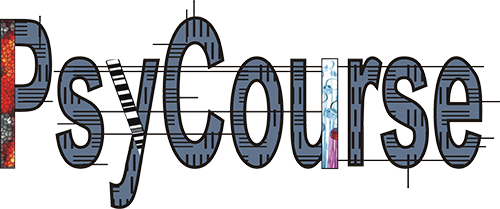2018-06-19
001_ Identification of causal factors of functional outcome in affective and non-affective psychosis
Research Question and Aims
It is currently established that the aetiology of psychiatric disorders is characterised by a combination of biological, psychological and sociological factors. While numerous studies have investigated the association between individual factors and psychiatric disor-ders, it remains unclear 1) to which extent these factors constitute causal factors to the disorders,
2) if these factors are epiphe-nomena that co-occur with psychiatric disorders or
3) if these factors are secondary disease processes. Moreover, these factors are interacting to a high degree making it difficult to estimate the clinical relevance of isolated factor-disease associations. These unanswered questions pose essential challenges to our understanding of the aetiology of currently established psychiatric categories, the determinants of the clinical trajectory of patients and the generation of efficient treatment interventions that act upon causal factors.
Recent developments in statistical methods like structural equations modeling or bayesian networks allow for new approaches in the identification of causal factors in observational data. In the present analysis, we would like to apply these methods in the PsyCourse dataset and quantify the causal effects of genetic and environmental factors on diagnoses as well as on the functional outcome in patients with affective and non-affective psychosis. We expect that our results will advance our understanding of the psychiatric aetiology. Moreover, our results could potentially pave the way for new interventions that are specifically targeting causal disease factors and might provide novel and highly efficient treatment options.
Analytic Plan
We plan to employ a transdiagnostic approach and to include patients with a psychotic disorder, patients with a bipolar disorder and patients with depression in our analysis. The outcome variables will be the psychiatric diagnose as measured by SKID, the functional outcome of the patients as measured by the WHO quality of life questionnaire, the general assessment of functioning, the PANSS total score and the IDS.
Our analysis will include two complementary approaches to identify variables that determine diagnosis and functional outcome in a causal way.
In the first analysis we will employ a theory-driven approach and formulate a specific structural equation model that is suited to analyse longitudinal data (cross-lagged panel model). This model will allow us to identify directed effects ranging from indicators of symptom burden (depressive symptoms, psychotic symptoms) to indicators of psychosocial functioning (WHO quality of life, GAF) and vice versa. Moreover, by investigating the directed interaction between illicit drug use and clinical symptoms, we will be able to differentiate between two competing hypothesis of the role of drug use in psychiatric patients (e.g. psychotogenic effect of cannabis vs. self-medication hypothesis).
In the second analysis, we will employ a data-driven approach by generating networks representing the interactions of symptom measures (IDS, PANSS, BDI), environmental factors (substance use) and genetic factors (polygenic risk score, family history of psychiatric disease). These networks will take the form of directed acyclic graphs, which allow us to identify causal effects between variables and to quantify them using a novel bayesian approach (partition MCMC). Most importantly, this approach will allow us to perform "hypothetical interventions" by estimating the downstream effect if causal factors are altered. This approach might provide valuable insight with respect causal disease factors which can be targeted in specific interventional studies to create efficient treatment options.
Resources needed
The statistical methods applied in the context of the present analysis do not require computational resources beyond a usual desktop computer. The authors of this proposal are experienced in the methodology and do not require any assistance.
